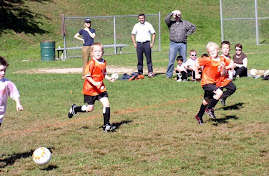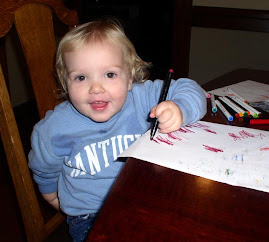As it’s hard to keep straight all the pieces of information on my treatment, especially as it’s changed several times, here is everything that’s planned, with some FAQs answered.
1. PRE-OPERATIVE PHASE: March – May
Investigational drugs that the clinical trial is studying are Cisplatin (brand name) / Cisplatinum (generic name), an established chemo drug already in use for lung, bladder, and other cancers and Avastin (brand name) / Bevacizumab (generic name), a protein.
I will receive the combination of Cisplatin and Avastin four times, with each treatment 3 weeks apart, for a total of 3 months treatment.
To quote the research study consent form:
“Cisplatin is a chemotherapy drug given by vein. It is used to destroy cancer cells in many types of cancers, and has been shown to be effective and have manageable side effects. In previous laboratory research, Cisplatin has shown good activity against certain breast tumor cells, particularly cells that are negative for ER, PR, and HER-2 [Chucky is triple negative]. It is not approved for breast cancer, so its use is investigational in this research study.
“Bevacizumab is an antibody, which is a protein that attacks a foreign substance in the body. Bevacizumab works differently from the way other chemotherapy drugs work. Usually chemotherapy drugs attack both cancer and normal cells and tissues in the body. Bevacizumab slows or stops cell growth in cancerous tumors by decreasing the blood supply to the tumors. It does this by binding to a substance found on cancer cells called VEFG (Vascular Endothelial Growth Factor). VEGF plays a key role in the growth of new blood vessels. VEGF is produced in excess by most solid cancerous tumor cells, including certain kinds of breast cancer cells. Bevacizumab is approved by the FDA for the treatment of colorectal cancer. It is not approved for the treatment of breast cancer.”
A FAQ: there are no placebos for my trial, we all get the good drug cocktail. The "control" is actually the rest of the world of breast cancer patients receiving the established treatment protocol.
2. SURGICAL PHASE: June
At least 3 weeks after the last dose of Cisplatin, I will have surgery to remove Chucky. This could be a lumpectomy or a mastectomy; we will decide after receiving the results of the genetic testing (mid-April). Even if the tumor shrinks to nothing from the chemo, it is still necessary to have surgery to get any cells that may have been left behind.
3. POST-OPERATIVE PHASE: July – October
At least 3 weeks after the surgery, I will receive the standard protocol chemo for breast cancer, plus bevacizumab (Avastin). This will be given every other week for 8 cycles, totaling 4 months.
For the first 4 cycles the drugs are: Doxorubicin (brand name Adriamycin) and cyclophosphamide (Cytoxan) plus bevacizumab. The second 4 cycles will be either bevacizumab alone, or bevacizumab plus paclitaxel (Taxol), to be determined by the doctor later.
4. RADIATION PHASE (only if lumpectomy is the surgery): November – December
Six weeks of daily radiation therapy will be required at the end of all the chemo if I received a lumpectomy.
That’s it! Anyone want to trade places?
My surgeon is Dr. Michelle Specht, my medical oncologist is Dr. Paula Ryan, both at Mass General.
Tuesday, March 11, 2008
Treatment Summary
Subscribe to:
Post Comments (Atom)

















1 comment:
Continued prayers and positive thoughts are being sent your way, Marty! Hugs to all!
Love, Kathy, Peter, Beth, Tom, and Charlie
Post a Comment